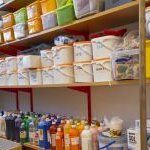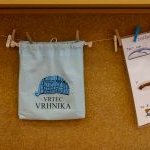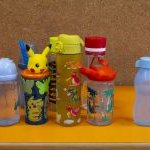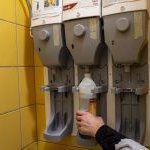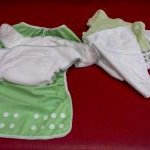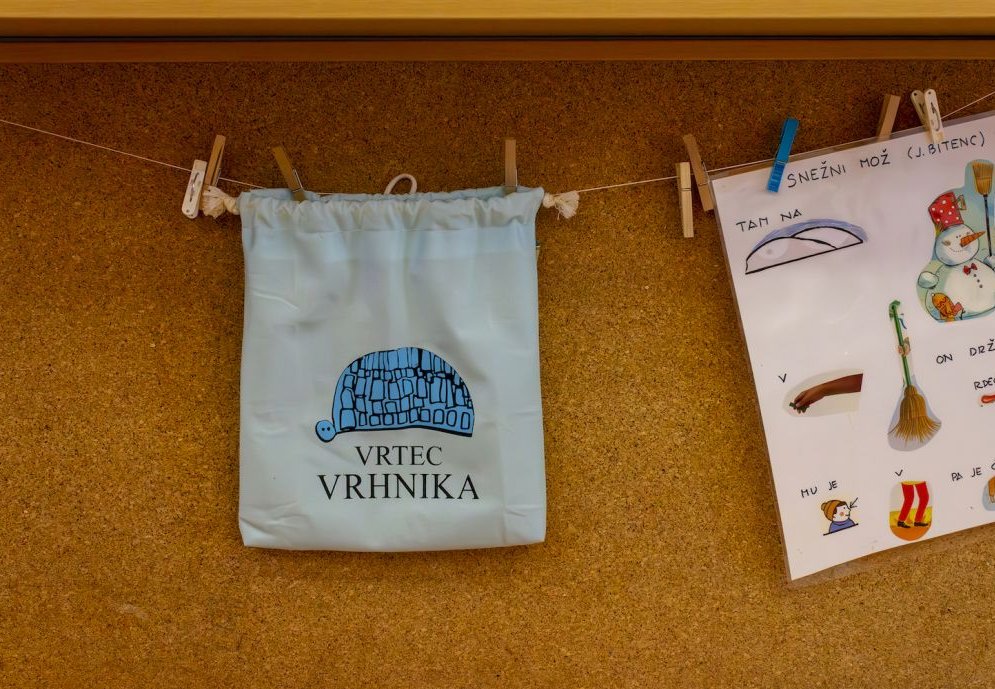

Plastic waste-free kindergarten
Starting the war on plastic waste at an early age, with action plans at kindergarten.
Lernergebnis
- pupils understand that plastic is harmful to the environment,
- pupils understand that our goods are made mostly of plastic, thus plastic is everywhere around us
- pupils learn that instead of plastic they can use alternative options
Erforderliche Zeit
One day for auditing, then run throughout the whole school year for developing new habits.
Material
Textile bags, refillable bottles, textile diapers (in the kindergarten), non-plastic meal boxes, wax paper for meals ...
Beschreibung der Aktivität
Your institution can avoid plastic as much as possible:
- Check with children the plastic items that you use.
- Record them in a table.
- Discuss why plastic harms the environment.
- Work together to find the alternatives.
Get inspired by these solutions from plastic waste-less Kindergarten Vrhnika and find your alternatives!
In this kindergarten children and employees use textile bags instead of plastic bags. They give them to the parents at the beginning of the school year, which encourages them to use less plastic bags. This is one of the ways how the kindergarten spreads its message of not using plastic.
The kindergarten orders goods in bulk or in returnable packaging: foodstuffs, cleaning products, and pedagogic materials (for example colouring pencils).
Children use their own refillable water bottles instead of plastic ones. For outdoor adventures, the children have their own meal box instead of a plastic bag. For birthday celebrations, children don´t bring food to the kindergarten. Children in the kindergarten use only textile diapers.
Instead of using plastic foil/film for food, beeswax paper is a good alternative.
Lehrplanbezug
Environment protection – children and pedagogues discuss why plastic waste harms the environment: it is a threat to sea animals, doesn´t break down for a very long time and stays in nature as microplastic particles.
What are the alternatives to plastic goods that we usually use?

